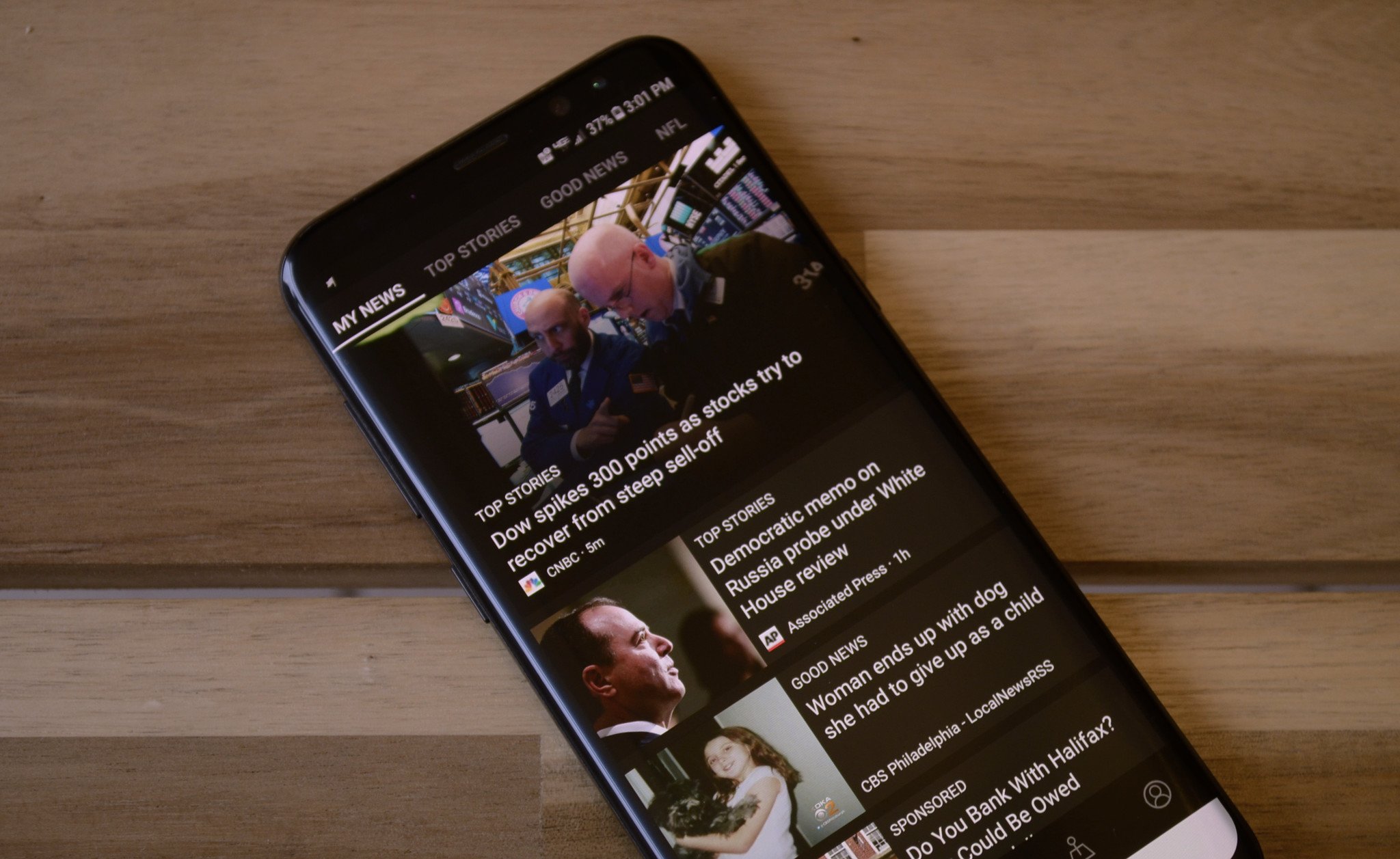MSN was second biggest English-language news site on Earth in September 2021
Only one outlet topped MSN in global visitor counts.

All the latest news, reviews, and guides for Windows and Xbox diehards.
You are now subscribed
Your newsletter sign-up was successful
What you need to know
- MSN scored second place in the race to be the most-visited site on the web, as of September 2021.
- It managed 960.5 million visits during September.
- The BBC's websites beat it with a collective 1.1 billion visits.
Microsoft makes the Windows operating system that promotes its browser Edge, which in turn advertises its news vehicle MSN. That trickle-down of Microsoft products is one of the ways in which the tech giant has managed to get msn.com to the coveted number-two spot on the "most visited sites in the world, as of September 2021" list (via Press Gazette).
The only thing able to beat out msn.com was a tag-team of BBCs: bbc.co.uk and bbc.com, which combined managed a whopping 1.1 billion visits in September, while msn.com "only" managed 960.5 million. CNN came in at a distant third with 583.8 million visits.
New top 50 ranking of biggest English-language news websites globally: BBC dominates with Daily Mail and Guardian making the top ten https://t.co/SXcs6j29BN pic.twitter.com/Dtq40oqmcRNew top 50 ranking of biggest English-language news websites globally: BBC dominates with Daily Mail and Guardian making the top ten https://t.co/SXcs6j29BN pic.twitter.com/Dtq40oqmcR— Press Gazette (@pressgazette) October 26, 2021October 26, 2021
As mentioned above, it's not like MSN rose to that spot all by its lonesome. It had the power of Windows and, by extension, its default browser Edge to help claim the number two spot. If you've ever looked at Edge's default landing page, you'll notice it's filled with little boxes promoting stories about celebrities, movies, politics, and everything else under the sun. That's all MSN. And you landing there is part of how it gets its gigantic viewership figures.
MSN is a big-enough deal for Microsoft that it's helped spawn the likes of Microsoft Start and got a not-so-indirect shoutout during Microsoft's most recent quarterly earnings report. In that report, wherein the company stated it managed $45.3 billion in revenue for the quarter, it was mentioned that "search and news advertising revenue excluding traffic acquisition costs increased 40%." In other words, Bing and MSN were big business for Microsoft, building off of Edge and Windows as part of one large, synergistic family.
All the latest news, reviews, and guides for Windows and Xbox diehards.

Robert Carnevale was formerly a News Editor for Windows Central. He's a big fan of Kinect (it lives on in his heart), Sonic the Hedgehog, and the legendary intersection of those two titans, Sonic Free Riders. He is the author of Cold War 2395.
